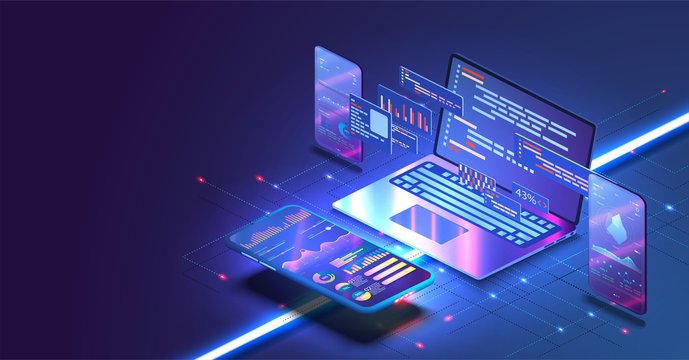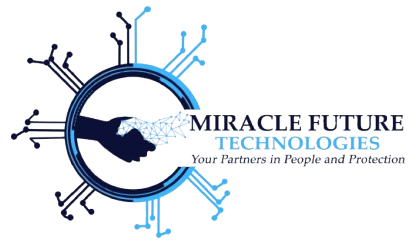SOFTWARE ENGINEERING
Testimonials
John MitchellDirector
Working with MFT has been a game-changer for our digital strategy. Their team understood our challenges and delivered scalable solutions that exceeded expectations.
David AndersonHR Head,
Exceptional service, timely delivery, and unmatched expertise. They helped us migrate to the cloud seamlessly while improving security and performance.
Emily CarterManager
From mobile app development to software testing, their team handled everything with professionalism. Highly recommended for any organization looking for reliable tech partners.
James WalkerCIO
They didn’t just offer solutions—they partnered with us to innovate and grow. Our enterprise systems are now smarter, faster, and fully future-ready.
Ashley RogersCompliance Officer
Miracle Future Technologies cloud consulting team delivered results faster than we expected. The transition was smooth, and our operations are now more efficient than ever.

Building Intelligent Software that Drives Results!
Software engineering services encompass a wide range of activities and expertise aimed at designing, developing, testing, deploying, and maintaining software applications and systems. These services are essential for our clients looking to build high-quality, scalable, and reliable software solutions. Here’s an overview of key components of software engineering
services:
Our Services Includes :
1) Requirements Analysis and Planning:
- Collaborate with stakeholders to gather and define project
- Create a comprehensive project plan, including timelines, milestones, and resource
2) Architecture and Design:
- Develop a software architecture that outlines the overall structure, components, and interactions of the system.
- Design the user interface (UI) and user experience (UX) to ensure usability and
- Development:
- Write, code, and build the software application or system, implementing core features and
- Utilize programming languages, frameworks, and libraries that align with project
4) Testing and Quality Assurance:
- Conduct rigorous testing to identify and resolve bugs, errors, and
- Perform functional, integration, performance, security, and user acceptance
5) Version Control and Collaboration:
- Utilize version control systems (e.g., Git) to manage code repositories and enable collaborative
- Implement code reviews and best practices for code
6) Continuous Integration and Continuous Deployment (CI/CD):
- Set up CI/CD pipelines to automate the build, testing, and deployment processes for rapid and reliable
7) Backend Development:
- Build server-side components, including databases, APIs, and application
- Choose appropriate technologies and frameworks for backend
8) Frontend Development:
- Create responsive and user-friendly user interfaces using HTML, CSS, and
- Implement front-end frameworks and libraries for enhanced
9) Mobile App Development:
- Develop native mobile apps for platforms like iOS and Android using Swift, Kotlin, or cross-platform frameworks like React Native or Flutter.
10) Web Application Development:
- Build web applications using front-end technologies like Angular, React, or js, and back-end technologies such as Node.js or Ruby on Rails.
11) Database Design and Management:
- Design and optimize databases to ensure efficient data storage, retrieval, and
- Utilize relational databases (e.g., Oracle, MSSQL, DB2, MySQL, PostgreSQL) or NoSQL databases (e.g., MongoDB, Cassandra) as appropriate.
12) Scalability and Performance Optimization:
- Plan for scalability to handle increased user loads and
- Optimize software performance through code profiling, caching, and load
13) Security and Compliance:
- Implement robust security measures, including encryption, authentication, and
- Ensure compliance with industry-specific regulations and data protection
14) Documentation and Knowledge Transfer:
- Maintain comprehensive documentation, including user manuals, API documentation, and technical
- Provide knowledge transfer to internal teams for effective system
15) Maintenance and Support:
- Offer ongoing maintenance, updates, and bug fixes to ensure the continued operation of the software
- Provide technical support and troubleshooting services for users and
16) User Training and Adoption:
- Offer training programs and resources to help users effectively use the
- Implement change management strategies to promote user
Software engineering services are crucial for our clients seeking to develop, enhance, and maintain software solutions that meet user needs, business objectives, and industry standards. These services are adaptable to address specific project requirements and can be a driving force for innovation and competitiveness in today’s technology-driven world.


